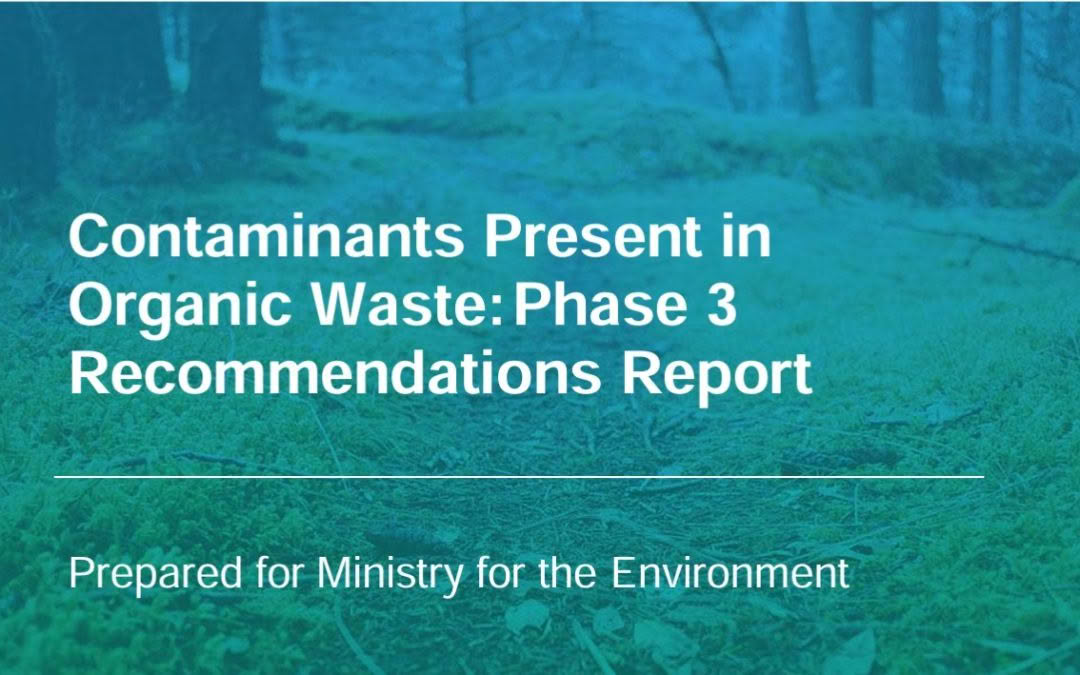
Contaminants in Organic Waste: Recommendations Report
In February 2024 Eunomia, alongside Whetū Consulting Group and Massey University, published a report for the Ministry for the Environment with recommendations to reduce contaminants in organic waste. The report provides 35 holistic recommendations to improve the quality of organic waste at both household and industry levels.
The report aims to understand and address challenges posed by contaminants in organic waste material streams. Contaminants in organic material pose risks to soil, human, and animal health and limit the end markets for processed organic material.
For further information contact info@eunomia.co.nz